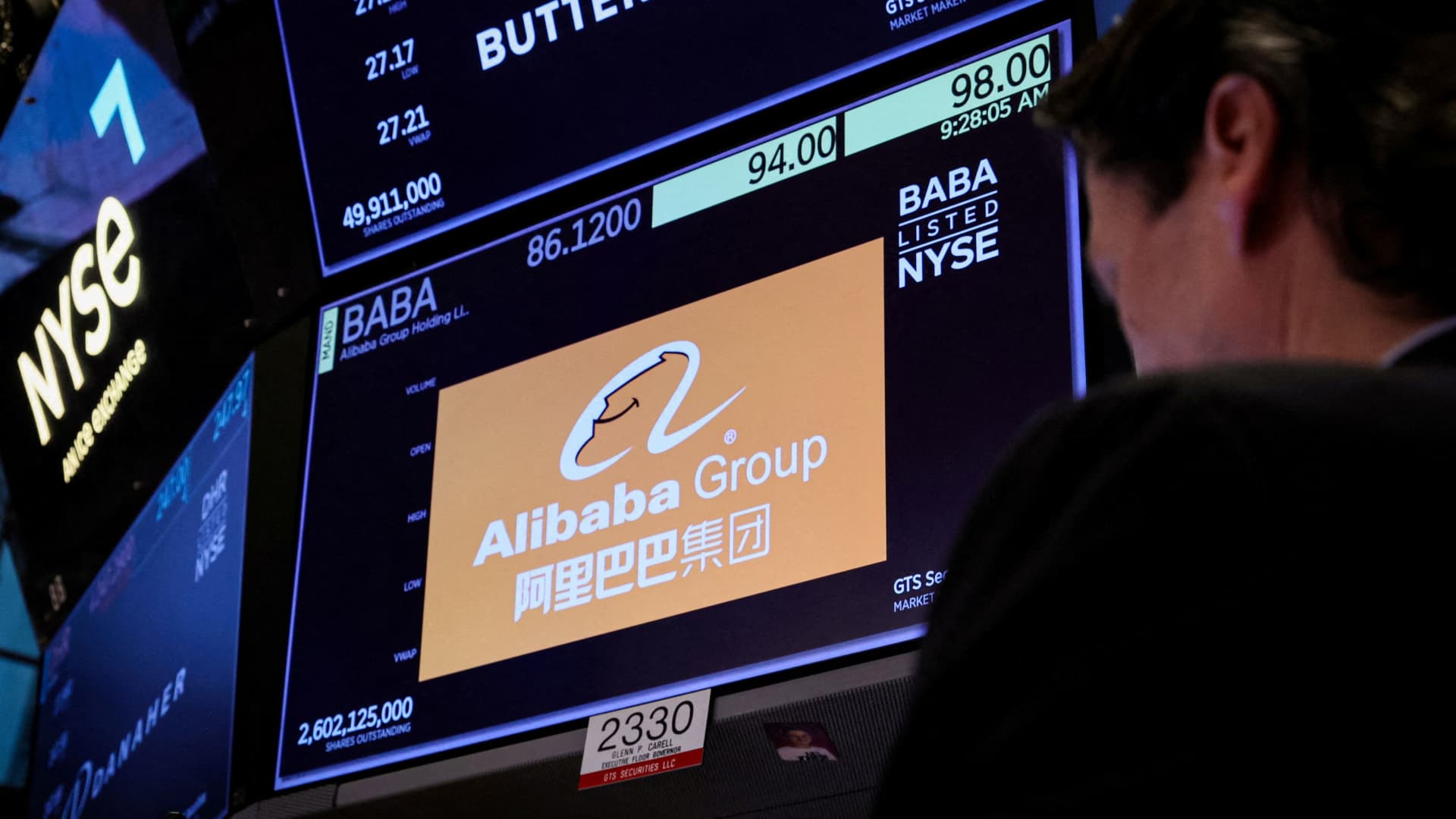Fed up with high gas prices and enticed by federal tax credits, Dave Walters decided he wanted an all-electric Hyundai Ioniq 5 for his next vehicle.
The Orange County, California, resident initially thought about purchasing a used model, until he learned he could lease the vehicle and take advantage of a key loophole under the Inflation Reduction Act.
Buying a used Ioniq, which is produced in South Korea and Indonesia, wouldn’t earn him $7,500 off through a federal tax credit. Leasing the vehicle would.
“I ran the numbers — what it would be without the leasing credit and with the leasing credit — and that kind of put me over the top and that was the main thing of why I went in that direction,” he said. “It was a few hundred dollars less a month.”
Walters is exactly the kind of consumer Hyundai Motor and other automakers have started to target for EV leases to capitalize on a loophole in the IRA that allows vehicles produced outside North America to qualify for the credits. It’s something lawmakers such as U.S. Sen. Joe Manchin, D-W.V., intended the rules to block.
Under the IRA, leasing is categorized as commercial business and therefore exempt from regulations that require the vehicle and battery components to be made in North America. Most EVs for sale today do not qualify for the full tax credit because of where the vehicles or components are built.
But leasing could save drivers thousands, as long as the companies receiving the credits pass the savings on to consumers.
“I’m not surprised that the manufacturers are saying that they’re going to do more leasing,” said Charlie Chesbrough, Cox Automotive senior economist. “The IRA rolling on EVs and allowing them to qualify for that $7,500 really is a game-changer, and that makes a huge impact on our monthly payment.”
For a $50,000 EV and a 36-month lease, Chesbrough estimates the full $7,500 tax credit equates to $222 in monthly savings for a consumer.
Auto research firm Edmunds reports about 37% of EVs bought in April were leased, up from 25% during the first quarter and 13% last year.
“It kind of creates a loophole for automakers to target more affluent customers who are probably more likely to be able to afford and actually get approved to buy an EV,” said Jessica Caldwell, Edmunds executive director of insights. “It also allows them to level the playing field against competitors who get the full tax credit when purchasing.”
The percentage of Hyundai Ioniq 5 vehicles that are leased spiked from about 2% to begin this year to more than 30% in April, according to Hyundai Motor America CEO Randy Parker. Starting this month, the company is offering a $499-a-month leasing deal for the vehicle — lower than the industry’s average lease payment of $577, according to Edmunds.
“We want to continue to push and highlight leasing as much as we can so we can continue to take advantage of the tax credit and consumers can take advantage of the tax credit,” Parker told CNBC. “Right now, that’s how the cards have been dealt.”
Kia and Ford also say they will look to increase leasing on their EVs to lower the pricing and increase sales.
Kia expects to increase its EV leasing from below 15% now to as high as 40% in the coming months, Watson said. Like Hyundai, Kia is offering a $499 leasing deal for its EV6 with a $4,999 initial down payment.
“For the next several years, Kia is going to have to lean heavily into leasing to be able to pass along that $7,500 credit to customers. And so that’s what we intend to do,” said Eric Watson, vice president of sales operations at Kia America.
Prior to the IRA passing, Hyundai and Kia, which are owned by the same South Korean parent company, were second in the U.S. in EV sales behind Tesla. But their sales have since fallen behind those of General Motors and Ford, both of which have vehicles that are fully or partially eligible for federal tax credits.
Hyundai and other automakers that became ineligible for the credits under the IRA opposed the regulations, seeking a longer ease-in period for the new rules or broad exemptions based on their U.S. EV plans.
“It gives us a lifeline. I wouldn’t call it leveling the playing field,” Watson said of leasing qualifying for the $7,500 tax credit.
A Ford spokesman said the company’s credit arm is working on a leasing strategy for electric vehicles such as the Mustang Mach-E, which is produced in Mexico and currently qualifies for half the federal tax credits if purchased. The company’s electric Ford F-150 Lightning is eligible for the full $7,500.
“We’re going to lease electric vehicles and you’ll be hearing more about that from us pretty soon,” Ford CFO John Lawler said last month.
A spokesman for GM said the company is not changing its leasing strategy for EVs, as all of its vehicles qualify for the full tax credits. Only about 3% of GM’s EVs are leased, he said.
While the lease terms are typically only a few years, automakers have touted EVs as drawing new customers to their brands.
“The earlier you get these customers within your brand, especially with the new technology, I think the better chance you have to keep them,” Edmunds’ Caldwell said.
And temporary leasing may be an attractive option for many consumers such as Walters, who traded in a 2009 Nissan Murano, as EVs remain an emerging industry with changing technologies and a significant number of new entries.
“I wanted to kind of dip my toe into it and see if I really like it. It’s only been six weeks but it’s been really good so far,” Walters said. “I really enjoy driving it and I really enjoy not having to pay for gas.”





